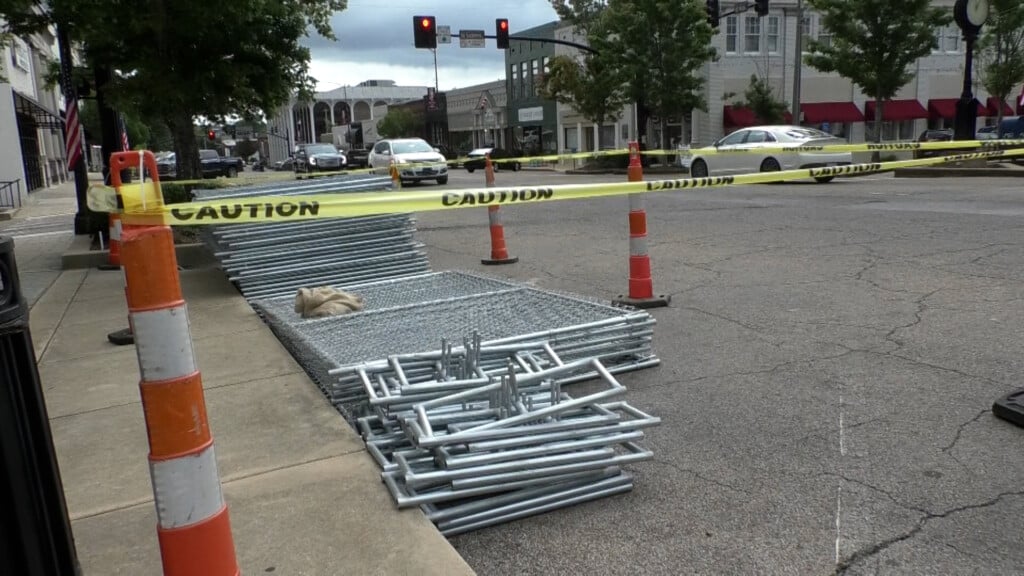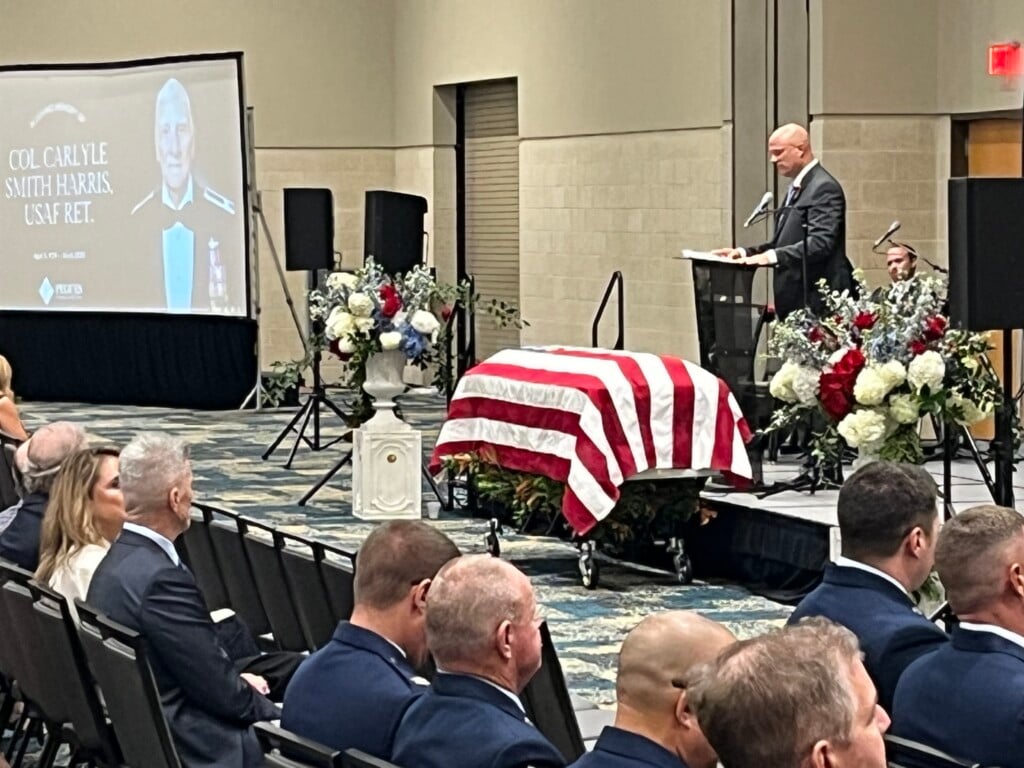September marks suicide awareness month, group takes action
MISSISSIPPI (WCBI) – As we end the month of September, we want to take time to talk about an important topic you have heard a number of reports on–suicide awareness.
September is suicide prevention awareness month, however, the work goes well beyond after this month.
The American Foundation for Suicide Prevention says it is the 12th leading cause of death in the US.
Many people’s emotions are running high. From the challenges of the pandemic to inflation, we are all just trying to navigate life. For your kids, processing their emotions can be tough.
“Not only have they missed out on important things like homecomings, proms, graduations, they’ve missed out on important developmental phases, how to develop coping mechanisms, work in teams, how to process emotions,” said Rick Birt.
Rick Birt works with Students Against Destructive Decisions, also known as SADD. They are focusing on giving training and other resources to help teens, young adults, and parents. They have put together a mental health toolkit.
“For teens, we talk about things like taking a moment, catching your breath, and counting to ten. It sounds very old school, but it really does work,” said Birt.
On their website, they have resources for parents on how to talk to their kids. Birt says the big thing they are talking with parents about right now is anxiety.
“If we scroll through our newsfeed or flip channels, we see a world that’s kind of scary. We have global conflicts abroad, we’re still dealing with the pandemic, our schools are violent, communities violent. If you’re 16, or 17 it’s hard to make sense of it all. Shoot it’s hard for adults to make sense of it all,” said Birt.
The CDC reports that one in four young adults is diagnosed with a mental health condition. That is 25% of high school or college-age students.
“Because teens have lost critical years of development, anxiety is what we’re talking to parents about, and it needs to be an ongoing conversation. How to do breathing exercises, I know it sounds cliche, how to process information, and most importantly, if and when you see your teen’s behavior change, how and when do you get help,” said Birt.
In jump-starting that conversation, Birt says to ask open-ended questions. Do not open the window for short yes and no answers.
“There’s a list of questions, more than 30 questions we have to start that conversation, tell me something you did today that you’re proud of, tell me one way you helped someone, tell me what made you nervous,” said Birt.
Birt says it does not matter who starts the conversation. But being involved, and showing care and compassion can help you and your teen with whatever they are going through. Another suggestion from SADD is to form family habits. Set time away from screen time to be together. Whether it is playing a board game or watching a favorite show together.
For 24/7 news and updates, follow us on Facebook and Twitter




